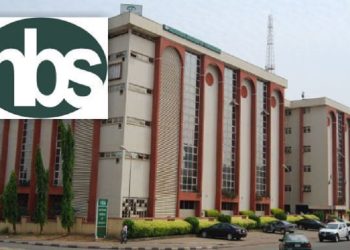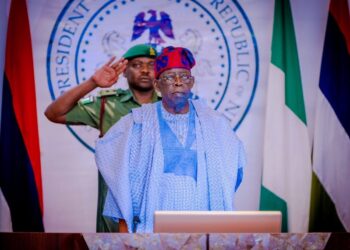The International Monetary Fund (IMF) has commended the economic reforms undertaken by Nigerian President Bola Tinubu, particularly the removal of fuel subsidies and the unification of exchange rates, viewing these measures as a path toward stronger and more inclusive growth. However, despite the positive reforms, the IMF revised Nigeria’s growth prospects downward for 2023.
During the launch of the World Economic Outlook (WEO) at its ongoing Annual Meetings in Marrakech, Morocco, the IMF revealed that Nigeria’s growth projection for 2023 was adjusted to 2.9%, reflecting a decline of -0.3% from the 3.2% forecasted in its July World Economic Outlook. Additionally, the IMF lowered its 2024 projection for Nigeria from 3.2% to 3.1%.
Daniel Leigh, a Divisional Chief at the IMF, praised the exchange rate and fuel subsidy reforms and stated, “We welcome these initial bold reforms because we see them as paving the way towards stronger and inclusive growth.” He acknowledged that Nigeria faced several challenges, including demonetization, high inflation, shocks to agriculture, and hydrocarbon output, all compounded by external headwinds.
The Chief Economist of the IMF, Pierre-Olivier Gourinchas, added insight into the broader African economic landscape. He mentioned that Sub-Saharan Africa experienced a slight downward revision in its growth expectations, with the region expected to achieve approximately 3.3% growth in 2023, representing a 0.2% downward adjustment. For the following year, a slight downward revision is also projected, bringing the expected growth to about 4%.
These downward revisions are attributed to a variety of factors, including worsening weather shocks, the global economic slowdown, and domestic supply issues, notably in the electricity sector. Despite these challenges, the IMF recognizes that Africa has significant growth potential and emphasizes the need to catch up more quickly.
The IMF’s analysis underscores the importance of continued economic reforms and measures to address Nigeria’s economic challenges, even as the country strives for stronger and more inclusive growth in the coming years. President Tinubu’s initiatives are seen as essential steps in this journey.











